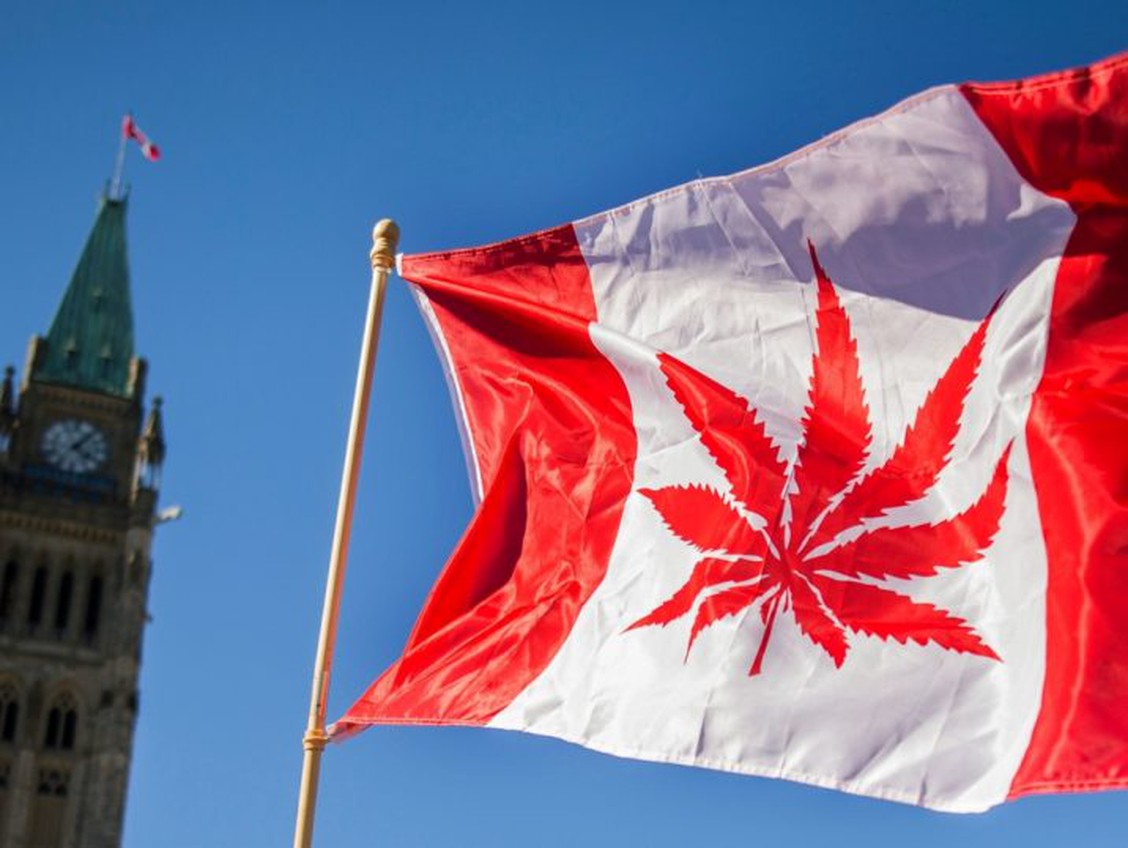You are here
Home 🌿 Recreational Marijuana News 🌿 Changes could be on the way for Canada’s cannabis regulations, Health Canada’s Special Access Program 🌿Changes could be on the way for Canada’s cannabis regulations, Health Canada’s Special Access Program

On Friday, Health Canada announced a 30-day consultation period is now underway that could lead to changes for cannabis research, product labelling, beverage limits, and more.
According to the notice, Health Canada is considering streamlining and rationalizing the licensing framework to facilitate cannabis-based testing and will take steps to encourage further non-therapeutic cannabis research. That could include studying the impact of cannabis use on driving performance, for example, and investigating the onset and duration of various cannabis products.
Product labelling requirements may also be expanded to include information about terpenes and other cannabinoids. Currently, product labels are required only to list information about the quantity or concentration of THC and CBD.
For small-scale growers, Health Canada is asking if there any elements of the regulatory framework that put micro-cultivation, micro-processing and nursery licence holders at a competitive disadvantage compared to larger companies.
The government is also asking for feedback on the current beverage limits, which are capped at two litres. The document notes that stakeholders have raised concerns that the confusing limits push consumers to higher-potency products.
Changes to Health Canada’s Special Access Program
Additionally, the government announced its intent to amend the Food and Drug Regulations and the Narcotic Control Regulations to restore potential access to restricted drugs through Health Canada’s Special Access Program (SAP).
The SAP was designed to allow Canadians to access medicines that have not been formally approved but historically, psychedelic medications have not been eligible. That could soon change.
Revisions to the program could make it easier for Canadians to access drugs like MDMA and psilocybin (magic mushrooms) for therapeutic purposes.
This year nearly 30 Canadians, ranging from those in palliative care to healthcare professionals, have been granted Section 56 exemptions to the Controlled Drug and Substances Act so they may legally consume psilocybin and undergo psychedelic-enhanced psychotherapy.
This type of treatment is gaining traction for its documented ability to combat a range of mental health conditions, particularly in patients who have not responded well to conventional treatments.
In a statement, Payton Nyquvest, founder and CEO of Vancouver-based Numinus Wellness Inc., called the announcement “a milestone for the entire healthcare industry and one that highlights our country’s commitment to making psychedelic-assisted psychotherapies an accessible reality for Canadians who have run out of options.”
420 Intel is Your Source for Marijuana News
420 Intel Canada is your leading news source for the Canadian cannabis industry. Get the latest updates on Canadian cannabis stocks and developments on how Canada continues to be a major player in the worldwide recreational and medical cannabis industry.
420 Intel Canada is the Canadian Industry news outlet that will keep you updated on how these Canadian developments in recreational and medical marijuana will impact the country and the world. Our commitment is to bring you the most important cannabis news stories from across Canada every day of the week.
Marijuana industry news is a constant endeavor with new developments each day. For marijuana news across the True North, 420 Intel Canada promises to bring you quality, Canadian, cannabis industry news.
You can get 420 Intel news delivered directly to your inbox by signing up for our daily marijuana news, ensuring you’re always kept up to date on the ever-changing cannabis industry. To stay even better informed about marijuana legalization news follow us on Twitter, Facebook and LinkedIn.




